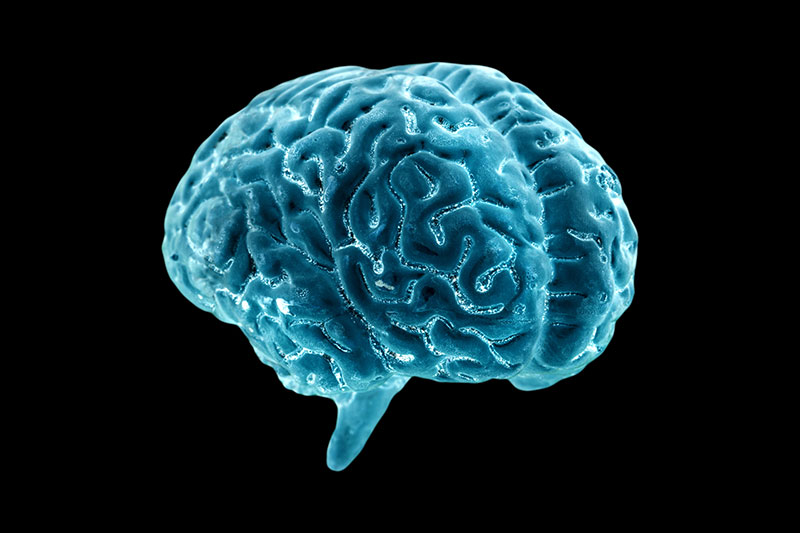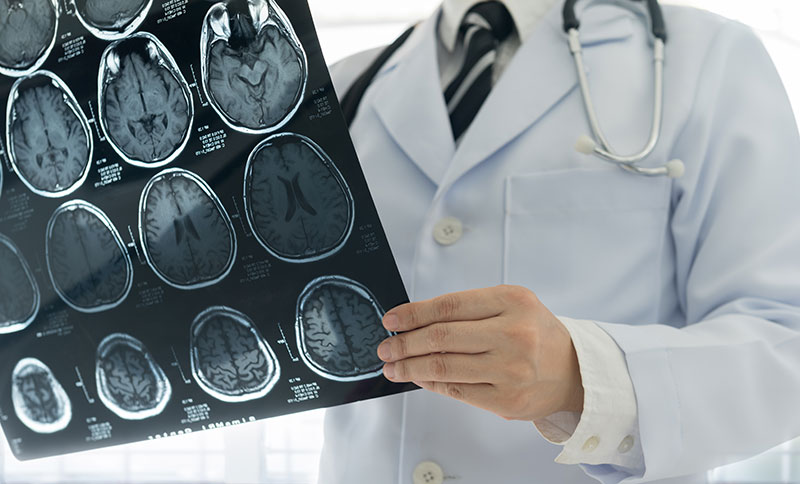July 16, 2019 (HealthDay News)
The odds of diagnosis of triple-negative breast cancer (TNBC) are increased for non-Hispanic black and Hispanic women and for younger women, according to a study published online July 8 in Cancer.
Lia C. Scott, Ph.D., M.P.H., from the U.S. Centers for Disease Control and Prevention in Atlanta, and colleagues examined differences between TNBCs versus all other breast cancers with respect to age, race/ethnicity, and stage at diagnosis.
The researchers identified 1,151,724 cases of breast cancer from 2010 through 2014; the triple-negative phenotype accounted for 8.4 percent of cases. Compared with non-Hispanic white women, non-Hispanic black women and Hispanic women had higher odds of diagnosis in unadjusted analyses (odds ratios, 2.27 and 1.22, respectively). Compared with women aged 50 to 64 years, women aged younger than 40 years had the highest odds of diagnosis (odds ratio, 1.95). The odds of diagnosis of TNBC were increased for diagnosis at American Joint Committee on Cancer stage III and beyond (odds ratios, 1.69 and 1.47 for stage III and stage IV, respectively). In adjusted analyses, the results varied slightly.
“Examining external factors such as physical and social environmental characteristics may elucidate drivers of disparities further because the literature consistently has examined individual biological factors,” the authors write. “Due to the aggressive nature of TNBC and the lack of therapeutic options, it is important to know which groups experience a higher risk to better provide interventions.”
Abstract/Full Text (subscription or payment may be required)
Copyright © 2019 HealthDay. All rights reserved.
















Leave a Reply